Colposcopy
Colposcopy is a diagnostic procedure for the cervix and vagina by examining the mucous membrane. The procedure is performed using a colposcope, an optical device with multiple magnification that allows for a detailed examination of the mucous membrane structure and blood vessels. Binocular optics in a colposcope allow for a three-dimensional view of the image, which greatly facilitates the correct diagnosis.

specialists

equipment

treatment
Types of colposcopy
There are two types of colposcopy: simple and extended.
Simple Colposcopy
The procedure is performed without the use of testing drugs and is not particularly important for making a final diagnosis. Simple colposcopy examines:
- Parameters and outlines of the cervix
- Vessels and their location
Extended Colposcopy
Extended colposcopy is characterized by the use of a set of tests to determine the normal functioning of the mucous membrane of the cervix. An effective test for making a diagnosis is a 3% acetic acid test. It is used as the main one and has great clinical significance. Other studies are also performed:
- Schiller test - diagnostics using Lugol's solution
- Test with dyes
- Adrenaline (vascular) test
Answers to popular questions
Doctors answered pressing questions:
What diseases can colposcopy help to detect?
The procedure allows you to detect:
- Uterine erosion - damage to the mucous membrane
- Cervical dysplasia - changes in epithelial cells that may signal cancer
- Uterine cancer - timely diagnosis increases the chances of successful treatment
- Polyps and cysts - benign formations that require removal or observation
- Human papillomavirus (HPV) - a sexually transmitted infection
- Inflammatory processes - colposcopy helps to assess their location and severity
- Atrophic changes in the mucous membrane - typical for women during menopause
Can colposcopy be performed during pregnancy?
Is colposcopy painful?
When is in-depth diagnosis necessary?
- Abnormal smear results. If a Pap test shows atypical cells or other abnormalities, colposcopy clarifies the nature and location of changes
- Chronic inflammatory processes. In cases of frequent recurrence or ineffective treatment, the method helps rule out or confirm more serious pathologies
- Suspected dysplasia. Diagnosis determines the degree of dysplasia and the treatment strategy
- HPV. The doctor identifies changes caused by the virus and assesses their severity
- Post-treatment monitoring. For patients treated for cervical conditions, colposcopy evaluates the effectiveness and excludes recurrence
Can colposcopy be performed during menstruation?
Are there any restrictions after the procedure?
Can colposcopy be performed immediately after childbirth?
Is preparation required for colposcopy?
How often should colposcopy be performed?
Can colposcopy be performed immediately after a gynecological examination?

This award is given to clinics with the highest ratings according to user ratings, a large number of requests from this site, and in the absence of critical violations.

This award is given to clinics with the highest ratings according to user ratings. It means that the place is known, loved, and definitely worth visiting.

The ProDoctors portal collected 500 thousand reviews, compiled a rating of doctors based on them and awarded the best. We are proud that our doctors are among those awarded.
Make an appointment at a convenient time on the nearest date
Price
Services




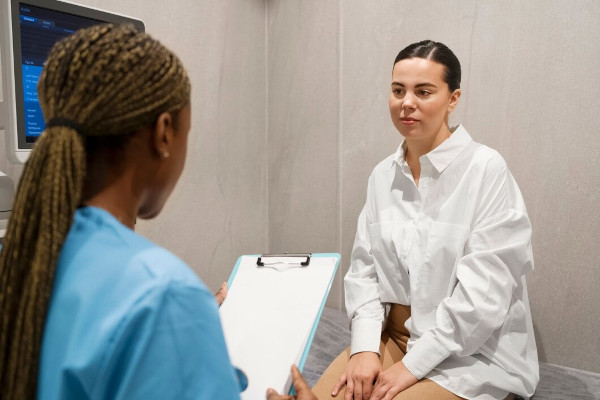



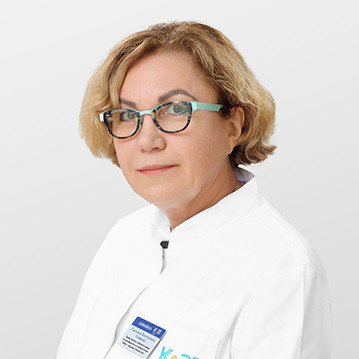



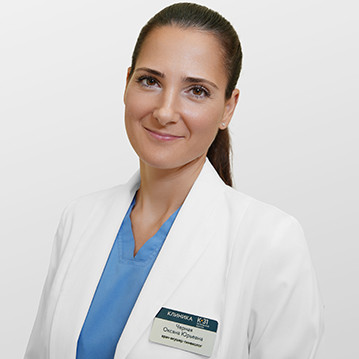



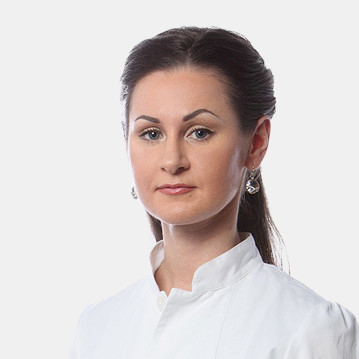


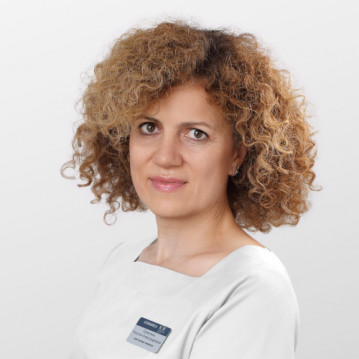



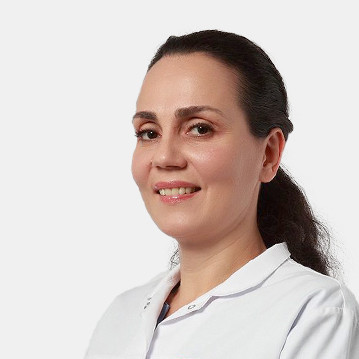

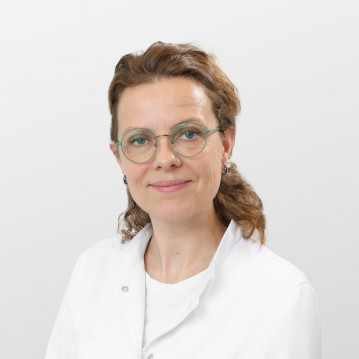
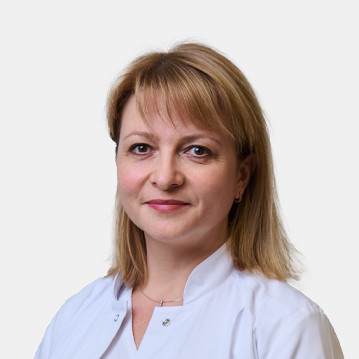

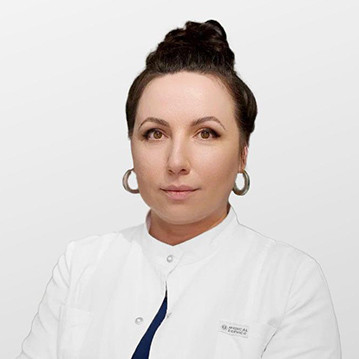

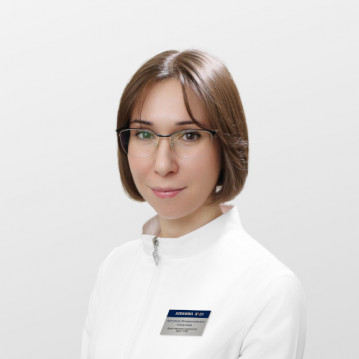




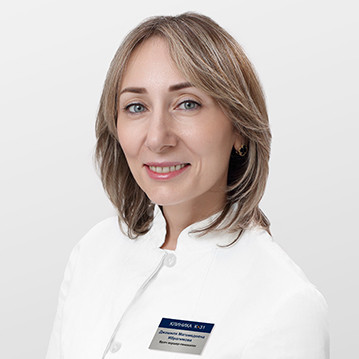

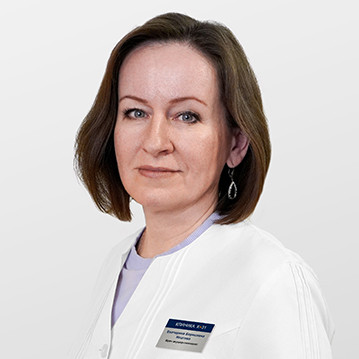






Conducting a colposcopy at the medical center "Clinic K+31"
In the medical center "Clinic K+31", one of the leading private clinics in Russia, all procedures are performed on the latest equipment by highly qualified doctors. Our specialists practice an individual approach to each patient. Positive feedback from grateful clients speaks of the highest service in performing procedures. The medical center "Clinic K+31" is your right choice.